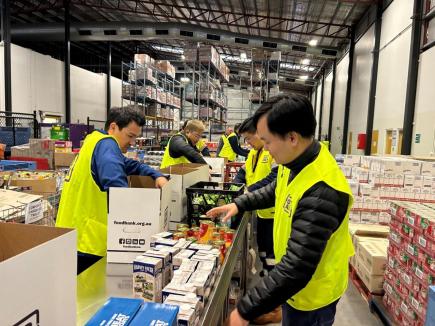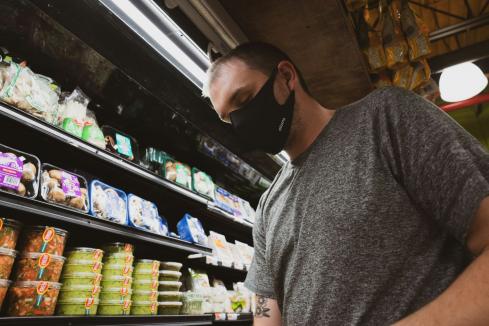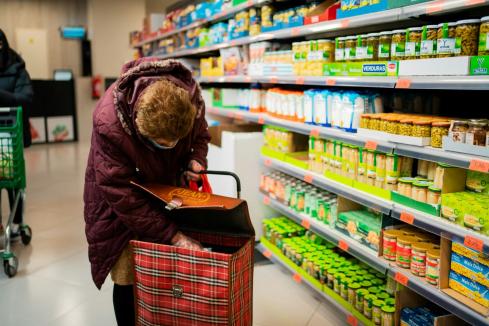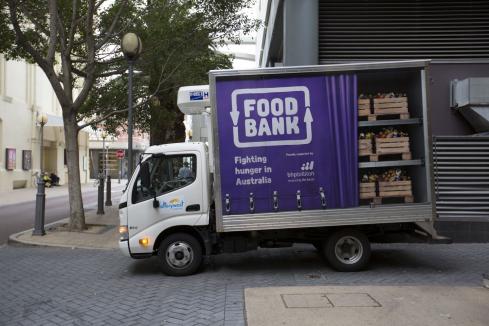
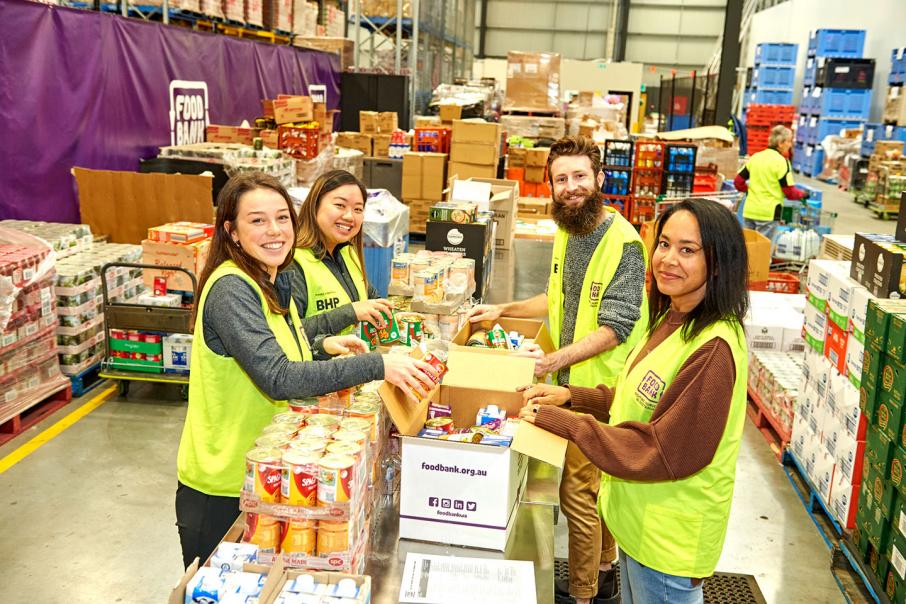
On any given day, over half a million households in Australia are struggling to put food on the table, and disturbingly, those with children are being hardest hit. Released today, the Foodbank Hunger Report 2022 reveals alarming details surrounding the food insecurity crisis the country is facing.
More than two million households in Australia have run out of food in the last year due to limited finances, sometimes skipping meals or going whole days without eating. This has meant that 1.3 million children have gone hungry during that time.
For many unaffected by this dire situation, it may seem an unlikely truth; after all, with such high employment rates, how is it that so many are going so hungry on a regular basis?
For Foodbank WA’s CEO Kate O’ Hara, it’s this disconnect which is at the heart of the challenges she faces to convince organisations - and on occasion the government - to support the essential work her organisation does, 24/7.

“There needs to be a much deeper and better understanding of the reality for too many Australians,” she says. “We have governments and communities that do not understand how or why some households are in their current situation. The truths for too many Australians are, however, stark and clear if you look closely.”
For example, disadvantaged households all have a unique set of circumstances that find them in their position; one size does not fit all. Having a job does not mean you can cover the cost of living, and of all those living with a disability, only 10% are supported through government programs. Most damningly, there are simply not enough homes to accommodate the Australian population.
Despite all of the above, the situation is not hopeless but it does require a change in mindset for all organisations to work together.
“Government, charities, corporate and every member of our communities have a role to play,” says Ms O’Hara. “Nobody should feel that they can’t be part of making a difference. We need to work together and share what we are seeing so the most effective decisions can be made. We also need to help those in need become aware of other support opportunities that exist to assist in transitioning out of poverty and disadvantage.”
The stats around Australia’s food poverty are stark and shocking. Some 208,000 households in WA were hungry in the last year due to lack of funds. Over 116,000 children in the state lived in severely food-insecure households in the last year and yet over half of food insecure households (59%) have someone in work. Even those with mortgages are not immune to food poverty; 23% of households in WA paying for their own housing experienced food insecurity in the last year. Nationally, on any given day, over 500,000 households are struggling to meet their food needs.

Foodbank WA is constantly adapting and remodelling it’s approaches to working on relationships with their very valued corporate partners, and also constantly seeking others to join their stable of supporters.
“Right now, we have our annual Meal Makers campaign where six people get into a kitchen to cook with a celebrity WA chef,” says Ms O’Hara. “Each participant aims to raise $5,000 which all helps. Shortly we’ll be focus on our Christmas campaign, including Give a Feed and Hawaiian Group’s Giving Box.”
Despite all these individual efforts to add to the resources Foodbank WA so desperately need, what is required is a wholesale re-evaluation by the Federal Government regarding benefits and housing strategies.
“The rate needs to be raised for people to operate out of poverty,” says Ms O’Hara. “During COVID when there was JobKeeper, JobSeeker and the rent moratorium, so many of our clients needed us less. Our demand for services dropped dramatically but once they finished, that demand rose dramatically. There should also be a consideration of the support needed by single mother families: they are our most vulnerable.”
Ms O’Hara has a shopping list of suggestions about how real, effective change could be orchestrated by some nationwide alterations to the way those in danger of falling into food poverty could be saved the stress and humiliation of not being able to feed the family. And that list starts with putting more money in people’s pockets.
“Increase benefit payments, so people can afford to live,” she says. “Change the wage structure for those that care for our children so we can retain and attract more people in this area. Bring in tax benefit for those that donate food to food relief – so more in the food system will consider their role in supporting our donations, and rethink support for single parents.”
On the day this report is handed down, it’s worth remembering that 306,000 households will receive assistance from organisations like Foodbank WA. It’s a number that shames Australia and should create an imperative to act – and act without delay.








